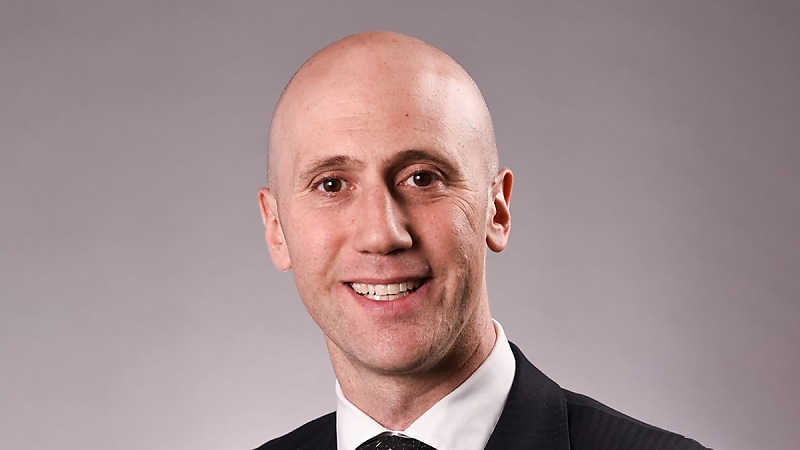The importance of a trust deed highlighted in High Court decision: legal specialist
The case of Hill v Zuda Pty Ltd [2022] HCA 21 cemented in law the importance of the trust deed in SMSFs, a leading legal specialist has said.
Bryce Figot, special counsel for DBA Lawyers, said on the most recent ASF Audits podcast that the case put “an end once and for all” to the debate about whether or not a binding death benefit nomination for an SMSF has to comply with the restrictive regulations in the Superannuation Industry (Supervision) Act.
“The High Court said no, an SMSF does not need to comply with those rules in the regulations, and instead a self-managed super fund, so long as it operates within some fairly broad parameters, is basically free to do whatever its trust deed says,” Figot said.
“In a practical sense, how did that shape our industry? We now know with supreme confidence that the High Court is telling us that it's whatever the deed says [that happens].”
For example, Figot said, if a deed says that the BDBN lasts not for three years but indefinitely, then it does, or if the deed says a BDBN can override a pension, then it can.
“Additionally, if the deed says a BDBN can make a non-reversionary pension, reversionary midstream, it can,” he said.
“This is something that we often see accountants, financial planners, other administrators or people in the SMSF world want to do. They inherit a new client who has an account-based pension who passes and wants their spouse or partner to inherit that account-based pension automatically as a reversionary pension. After Hill v Zuda, we can say with the highest confidence that if the deed says so, you can make these things reversionary midstream.”
Shelley Banton, head of technical for ASF Audits, added that the High Court decision in the case means that running an SMSF can be much more efficient with a well-written deed.
“If the High Court had decided it in the other direction, it would have been an administrative paper nightmare and would have resulted in a lot more legal paperwork,” Banton said.
“What we've got out of this [ruling] is a lot more flexibility, and the importance of understanding how vital a well-drafted trust deed is because it's all about estate planning and being able to make sure that what you want to happen at the end of the day is going to happen.”
Banton added that the judgment in Hill v Zuda found that the requirements of an APRA fund don't apply to an SMSF as the trustees and the members are the same person.
“The judge said in this case that given the form of the notice in line with regulation 6.17(a) would be redundant, but in all other situations we see in SMSF, such as paying a pension and making a personal deductible contribution, the ATO specifically quarantines these two roles,” she said.
“There must be appropriate documentation in place between the trustee and the member and we have a situation where the law and the regulator are a little bit opposed, even though we've seen the ATO then also disagree with outcomes from the ART recently, such as the Bendel case.”


